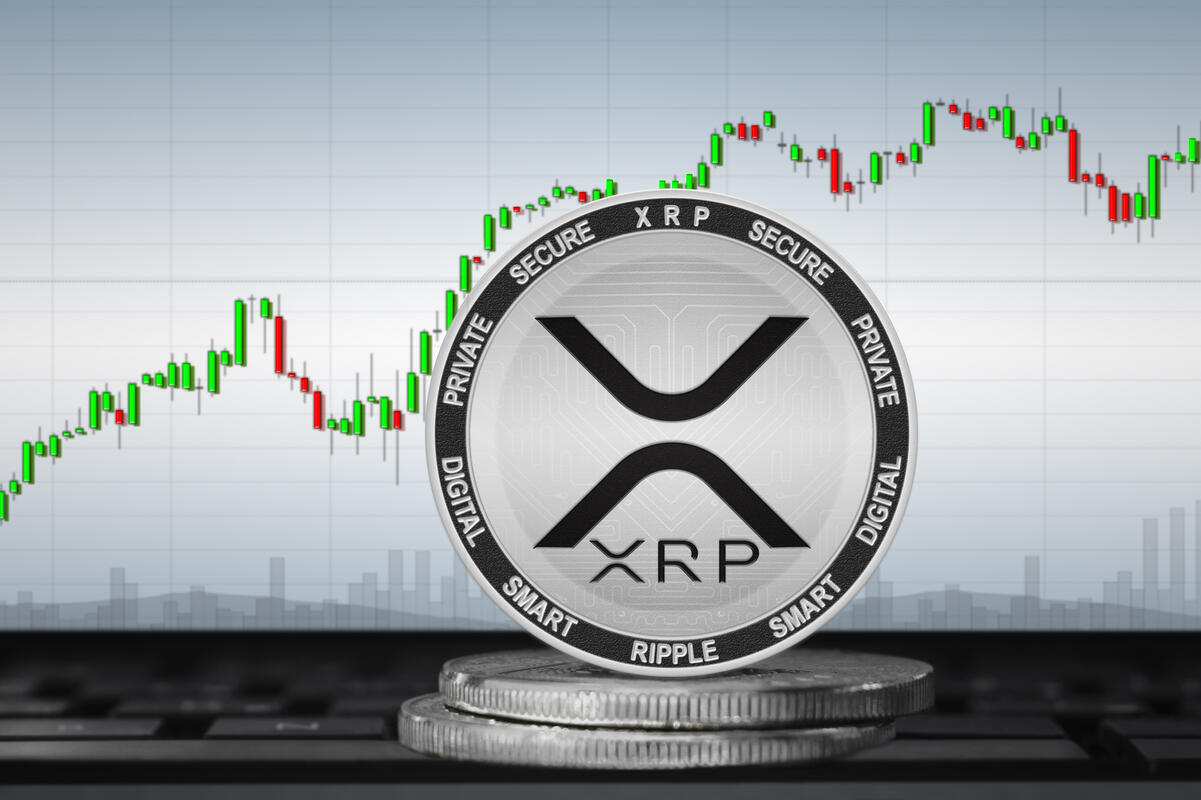Attorney John Deaton, who represents XRP holders in the ongoing legal battle between Ripple and the U.S. Securities and Exchange Commission (SEC), has presented a compelling argument suggesting that the expected $770 million disgorgement penalty against Ripple is highly unlikely.
Deaton’s case is built on several key factors that could influence the court’s decision in favor of Ripple.
A critical point in Deaton’s argument is the Supreme Court’s Morrison ruling, which restricts the SEC’s jurisdiction to sales conducted within the United States.
This is particularly significant as Ripple’s XRP sales in various international markets, including the United Kingdom, Japan, and Switzerland, are currently under scrutiny. Importantly, the legal status of XRP in these foreign jurisdictions supports Ripple’s position.
For instance, regulatory authorities such as the Financial Conduct Authority (FCA) in the United Kingdom and the Financial Services Agency (FSA) in Japan have not classified XRP as a security.
This classification is crucial because it allows for the legal continuation of XRP sales in these regions, presenting a significant challenge to the SEC’s pursuit of disgorgement for global transactions.
Furthermore, Deaton emphasizes that the legal action against Ripple is primarily a regulatory dispute rather than a fraud case.
READ MORE: SafeMoon CEO’s Bail Release on Hold Amid Flight Risk Concerns
This distinction is essential as it shifts the focus away from punitive measures towards regulatory compliance.
Since a substantial portion of XRP sales occurs outside the United States and involves accredited investors, the potential for disgorgement decreases significantly.
By excluding non-U.S. sales, which may account for more than 90% of total sales and sales to accredited investors, Deaton predicts a substantial reduction in the potential disgorgement amount.
Additionally, Deaton points out that most institutional XRP sales have not resulted in investor losses, as the current XRP price surpasses the levels during those sales.
This suggests that investors have not suffered harm. Deaton also highlights the rapid nature of On-Demand Liquidity (ODL) transactions involving XRP, which occur within seconds, further reducing the potential for investor harm.
Interestingly, accusations of harm are more directed towards the SEC than Ripple, especially among the 75,000 XRP holders involved in the legal action.
In conclusion, Attorney John Deaton’s argument underscores the complexities of the Ripple vs. SEC case, highlighting legal precedents, international regulatory differences, and the nature of XRP transactions.
His persuasive case raises doubts about the likelihood of the SEC securing the anticipated $770 million disgorgement penalty against Ripple, potentially reshaping the outcome of this legal saga.
Discover the Crypto Intelligence Blockchain Council




